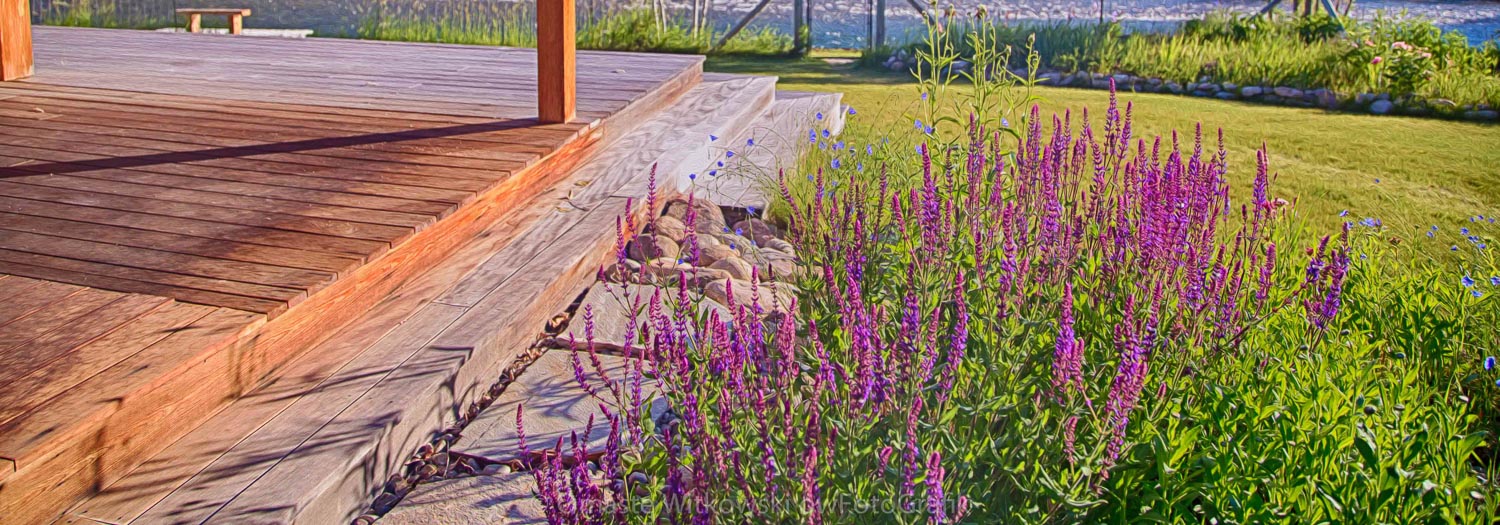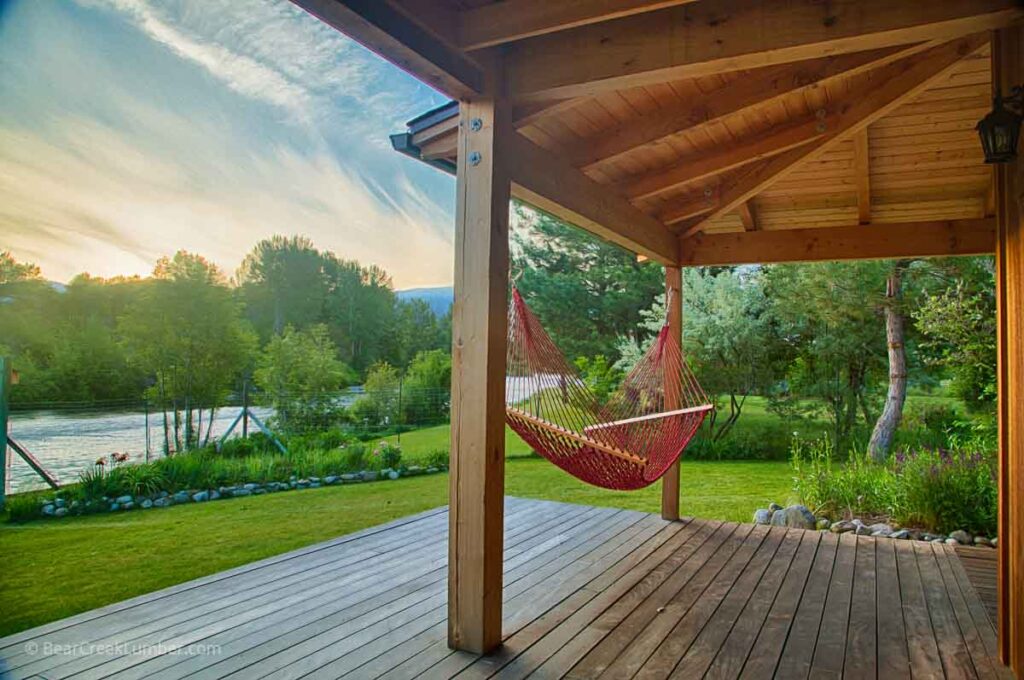
Natural vs. Composite Decking: Shattering the Myths and Unveiling the Truth
We trust you’re doing well and enjoying the beauty that each season brings. Today, we’d like to delve into a topic that is of significant interest to many homeowners and builders alike: the enduring debate between natural wood and composite decking.
This discussion isn’t merely a superficial one – it involves considering the aesthetics, the cost, the feel underfoot, and even the very ethos of your home. As such, we felt it was high time to debunk two pervasive myths regarding composite decking that often sway homeowners’ choices.
Myth 1: Composite Decking is Less Expensive in the Long Run
When composite decking first made its way onto the scene, it was presented as a high-end, luxury product. In fact, the initial pricing was approximately triple that of its natural wood counterpart. Over the years, while the prices of composite materials have somewhat decreased, they often still carry a higher price tag, particularly when you’re looking at quality options.
Advocates of composite decking often claim that the lower maintenance costs over time justify the heftier upfront expenditure. However, a holistic view paints a different picture. High-quality natural wood decking, when maintained appropriately, can endure for decades, potentially providing a superior return on investment.
It’s also worth noting that the repair process differs significantly between the two. In the event of damage, wood decks often only need the affected boards replaced. On the other hand, composite decking may necessitate more widespread repairs. This is due to the nature of the material and the way it reacts to wear and tear, potentially leading to higher repair costs down the line.
Myth 2: Composite Decking Looks and Feels Just Like Wood
The manufacturing of composite decking has undoubtedly advanced over the years, with efforts to mimic the look of real wood becoming more sophisticated. Despite this, the authentic allure, tactile pleasure, and timeless appeal of natural wood remain unparalleled.
Composite decking may present itself as a homogeneous product, but upon closer inspection, it can suffer from inconsistencies and slight color differences that are not typical of natural wood. Moreover, over time, exposure to the sun can cause composite decks to fade, whereas natural wood decks can be refinished and restored to their original glory.
There’s something inherently unique about the warmth and character that natural wood imparts. It’s a multi-sensory experience – the rich, earthy scent of timber, the texture under your bare feet, the slight variations in grain and color that speak of its organic origins. Composite materials, try as they might, simply cannot replicate this experience.
Making Your Choice: Considering All Factors
In debunking these myths, we hope to shed some light on the ongoing natural versus composite decking debate. It’s crucial to remember that the best choice for your decking material will always depend on your specific needs, budget, aesthetic preferences, and even your environmental standpoint.
As advocates for informed choices, we encourage you to consider these factors in their entirety. Whether it’s the initial investment, the long-term maintenance, the environmental impact, or the look and feel that matters most to you, understanding the realities of each option will empower you to make a decision that you’ll be happy with for years to come.
We’re here to guide you through this process. If you have any queries or would like to explore your decking options further, please don’t hesitate to get in touch. We’d be more than happy to discuss your needs and help you navigate your way to the perfect deck for your home.
Until next time, may your homes be warm, your decks be inviting, and your choices be well-informed.

